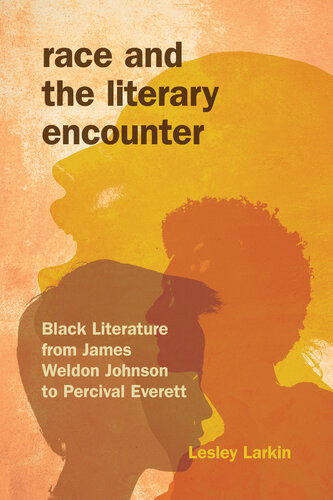

Most ebook files are in PDF format, so you can easily read them using various software such as Foxit Reader or directly on the Google Chrome browser.
Some ebook files are released by publishers in other formats such as .awz, .mobi, .epub, .fb2, etc. You may need to install specific software to read these formats on mobile/PC, such as Calibre.
Please read the tutorial at this link: https://ebookbell.com/faq
We offer FREE conversion to the popular formats you request; however, this may take some time. Therefore, right after payment, please email us, and we will try to provide the service as quickly as possible.
For some exceptional file formats or broken links (if any), please refrain from opening any disputes. Instead, email us first, and we will try to assist within a maximum of 6 hours.
EbookBell Team

4.3
28 reviewsWhat effect has the black literary imagination attempted to have on, in Toni Morrison's words, "a race of readers that understands itself to be 'universal' or race-free"? How has black literature challenged the notion that reading is a race-neutral act? Race and the Literary Encounter takes as its focus several modern and contemporary African American narratives that not only narrate scenes of reading but also attempt to intervene in them. The texts interrupt, manage, and manipulate, employing thematic, formal, and performative strategies in order to multiply meanings for multiple readers, teach new ways of reading, and enable the emergence of antiracist reading subjects. Analyzing works by James Weldon Johnson, Zora Neale Hurston, Ralph Ellison, Jamaica Kincaid, Percival Everett, Sapphire, and Toni Morrison, Lesley Larkin covers a century of African American literature in search of the concepts and strategies that black writers have developed in order to address and theorize a diverse audience, and outlines the special contributions modern and contemporary African American literature makes to the fields of reader ethics and antiracist literary pedagogy.